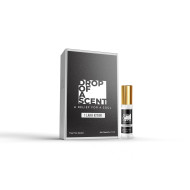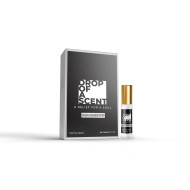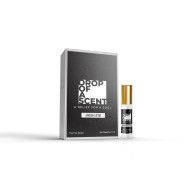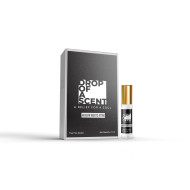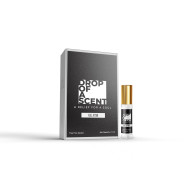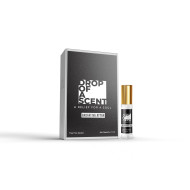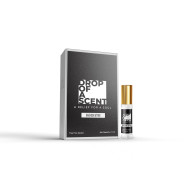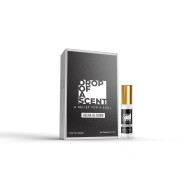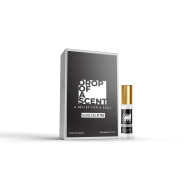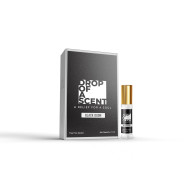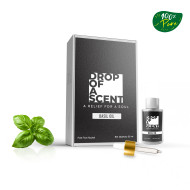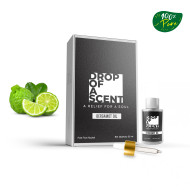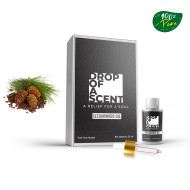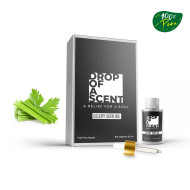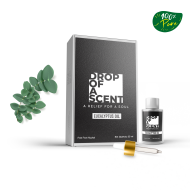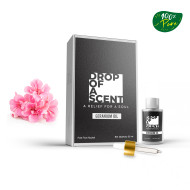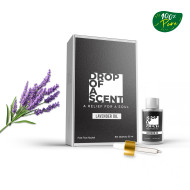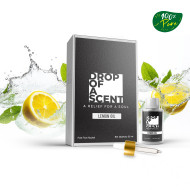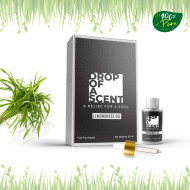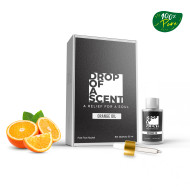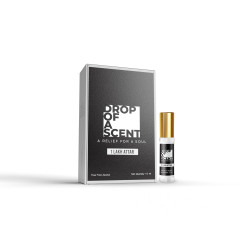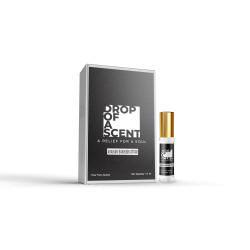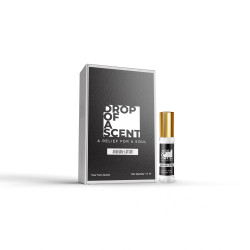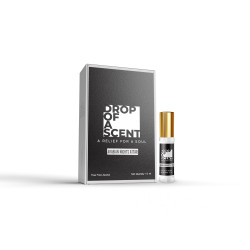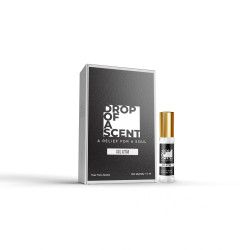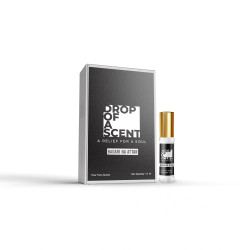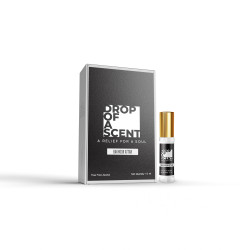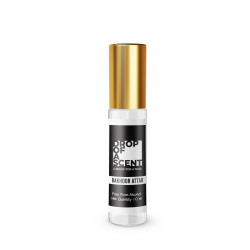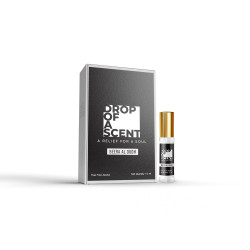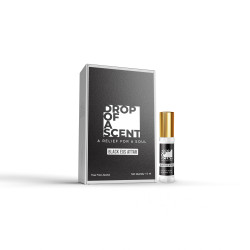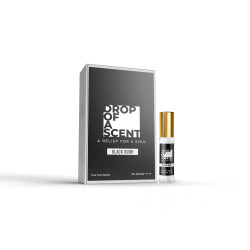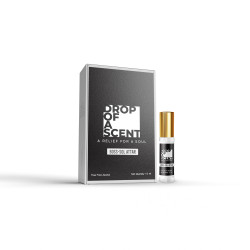Attars
Attars, also known as ittars, are highly concentrated natural perfumes derived from botanical sources. With roots tracing back to ancient civilizations, attars have maintained their allure and significance throughout history, captivating senses with their rich fragrances. Originating in the Middle East and South Asia, attars have spread across the globe, becoming prized possessions in cultures and civilizations worldwide.
The word "attar" is derived from the Persian word "atr," meaning fragrance or scent. These fragrant oils are traditionally crafted through a meticulous process that involves distilling aromatic materials such as flowers, herbs, spices, and wood to extract their essences. This process can take several weeks or even months to achieve the desired concentration and complexity of fragrance. Skilled artisans, often referred to as attarwallahs, have honed their craft over generations, preserving the artistry and techniques passed down through families and communities.
One of the most renowned attars is rose attar, extracted from the petals of various species of roses, notably Rosa damascena and Rosa centifolia. The delicate aroma of rose attar is revered for its romantic and soothing qualities, making it a popular choice for special occasions and spiritual practices. Other floral attars include jasmine, mogra (jasmine sambac), and kewda (pandanus), each offering a unique olfactory experience that captures the essence of the plant.
In addition to floral varieties, attars are also crafted from a diverse array of botanical ingredients. Sandalwood attar, derived from the heartwood of the sandalwood tree, exudes a warm, woody aroma with hints of sweetness and earthiness. Spices such as saffron, cardamom, and nutmeg are used to create exotic and aromatic attars that evoke the culinary traditions of their regions.
Attars are prized not only for their enchanting fragrances but also for their therapeutic properties. Many botanical ingredients used in attar production have long been valued in traditional medicine for their healing and rejuvenating effects. Sandalwood, for example, is renowned for its skin-soothing properties and is often used in aromatherapy and skincare formulations. Similarly, rose attar is believed to have mood-enhancing and stress-relieving benefits, making it a popular choice for aromatherapy and meditation practices.
The allure of attars lies not only in their captivating fragrances but also in their cultural and spiritual significance. In many cultures, attars play a central role in religious ceremonies, weddings, and other celebrations, symbolizing purity, prosperity, and love. The art of perfumery, including the crafting of attars, has been revered as a sacred and mystical practice in various spiritual traditions, with perfumes believed to have the power to uplift the soul and evoke divine presence.
Despite the widespread availability of modern synthetic fragrances, attars continue to hold a special place in the hearts of fragrance enthusiasts and connoisseurs. Their natural ingredients and artisanal production methods distinguish them from mass-produced perfumes, offering a sensory journey that transcends time and trends. Whether used as a personal fragrance, a sacred offering, or a cherished gift, attars embody the essence of nature's beauty and the artistry of human creativity. In a world filled with fleeting distractions, attars serve as timeless reminders of the profound connection between scent, memory, and emotion, inviting us to pause, breathe, and savor the fragrant moments of life.

